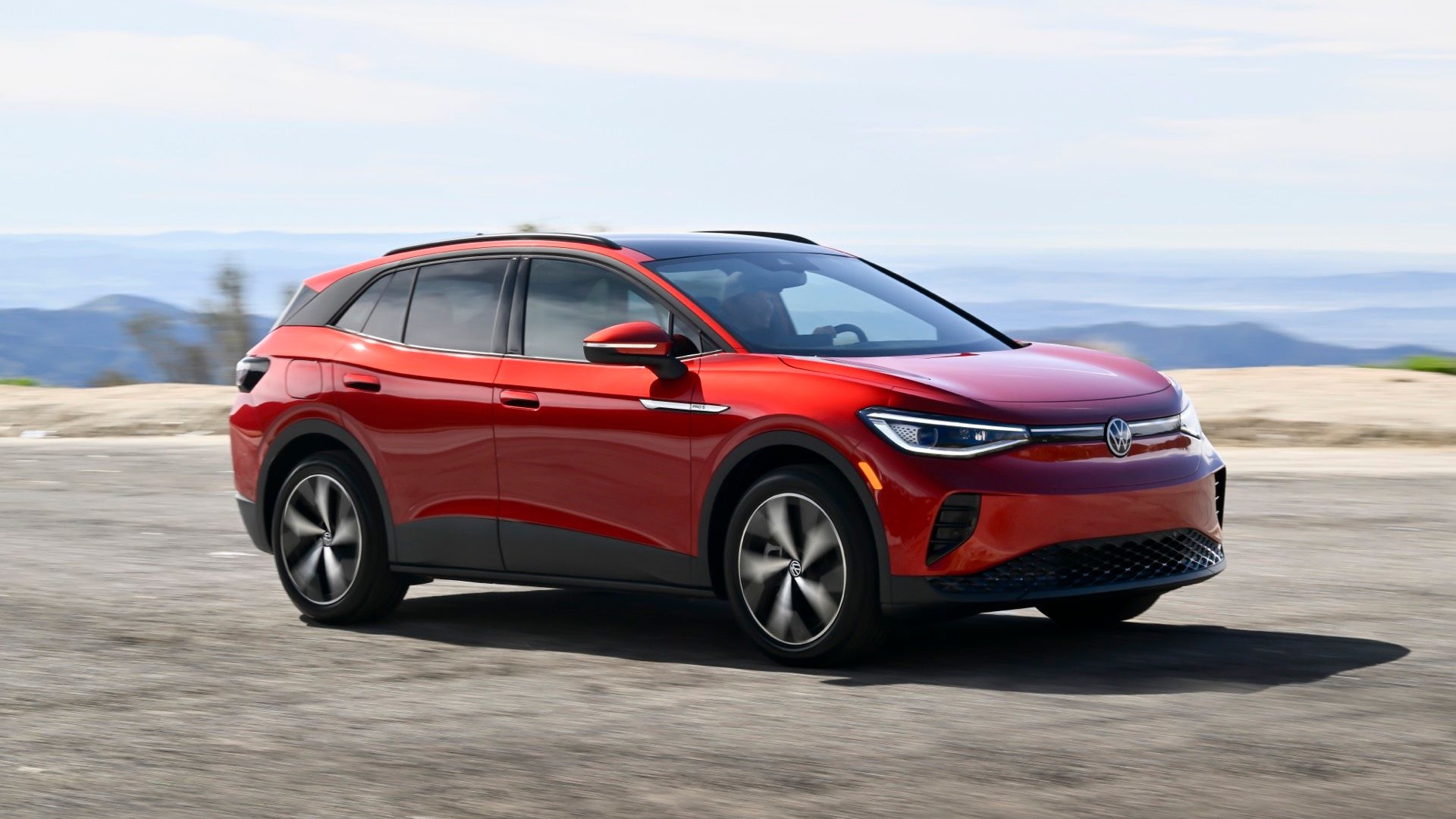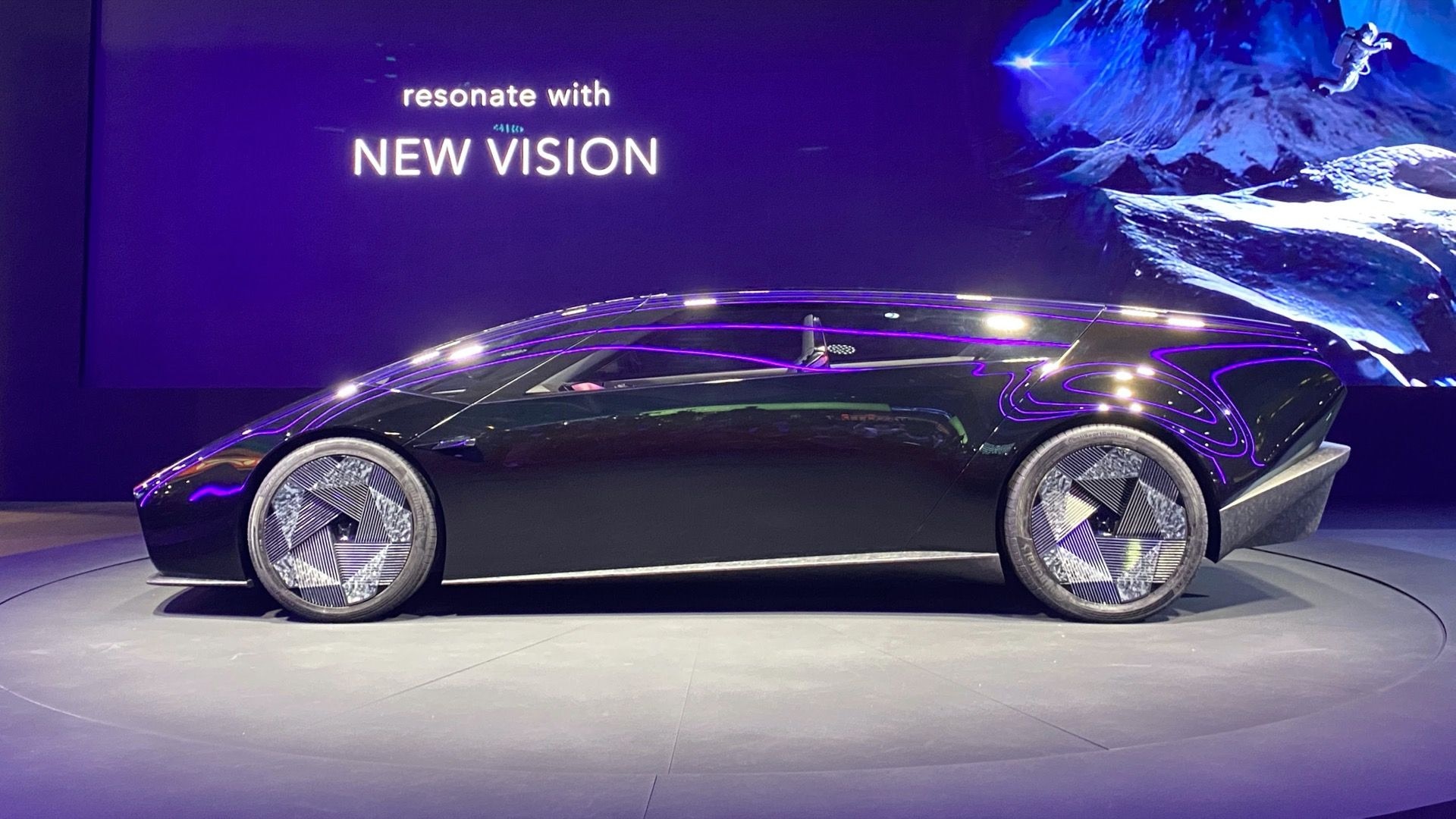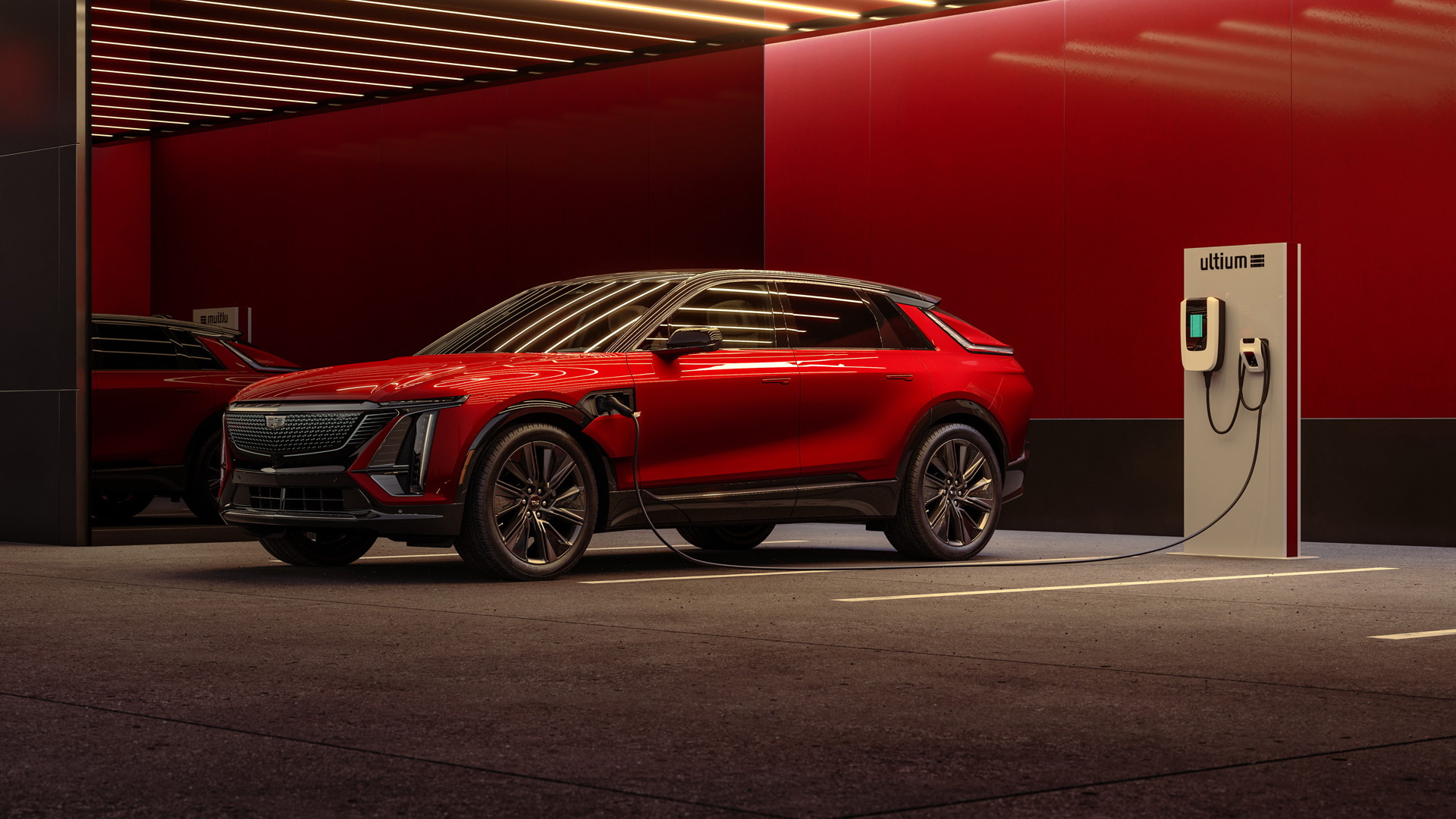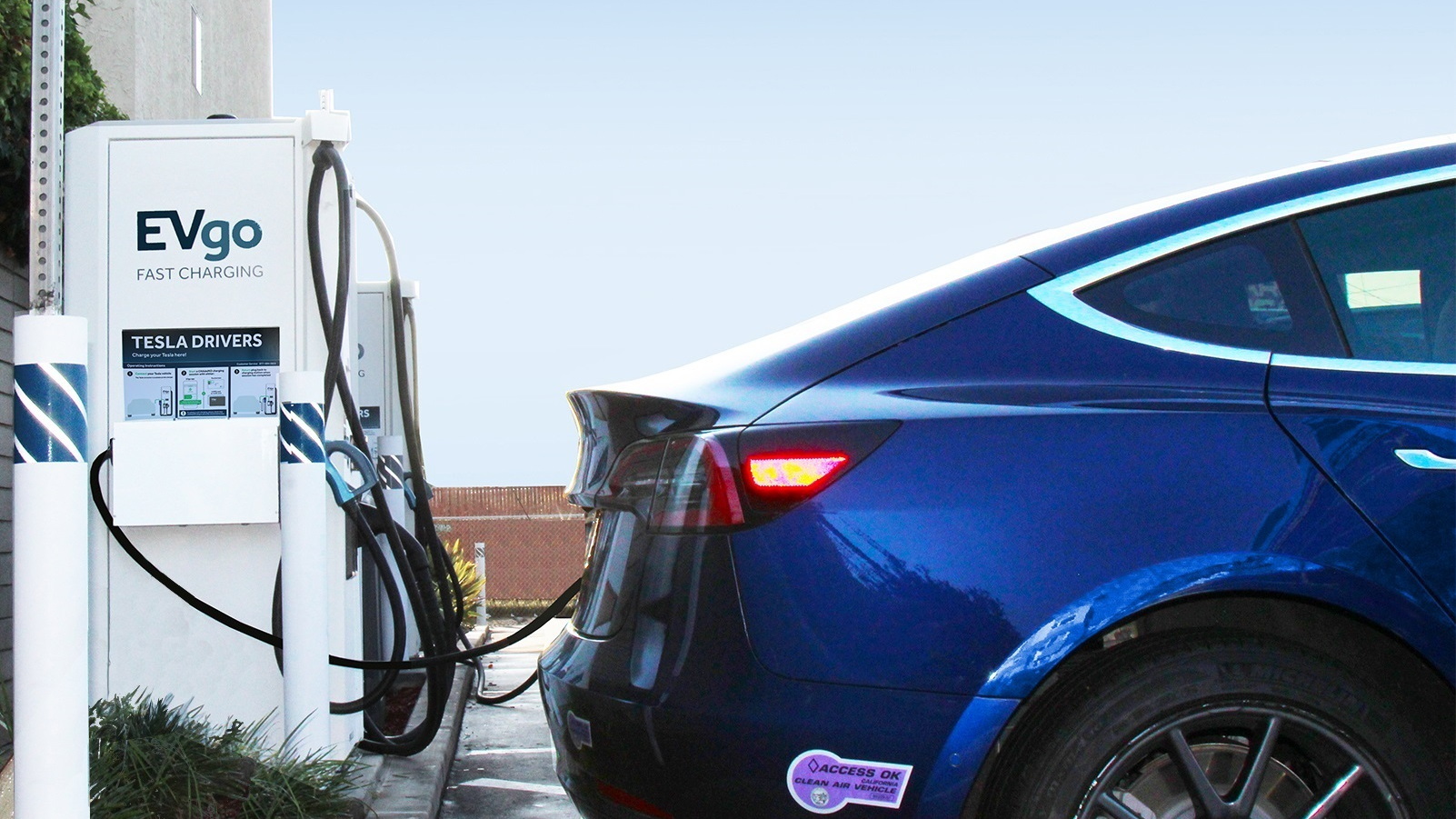The new U.S. president, Donald Trump, is working to eradicate every Obama policy to limit the carbon emissions that contribute to climate change.
Having variously called the science behind climate change a "Chinese plot" to hurt the U.S. and referred to it using an expletive for bovine excrement, this shouldn't come as a surprise.
He pledged to do that, and he is doing exactly what he said he would.
DON'T MISS: Trump Administration goal: undo every climate-change effort
A substantial number of U.S. corporations, however, are not following suit.
Instead, they are retaining policies that commit them to reducing their overall carbon emissions and otherwise working to limit climate change.
Their reasons reflect bottom-line priorities: lower carbon emissions reflect less energy use, which saves them money.
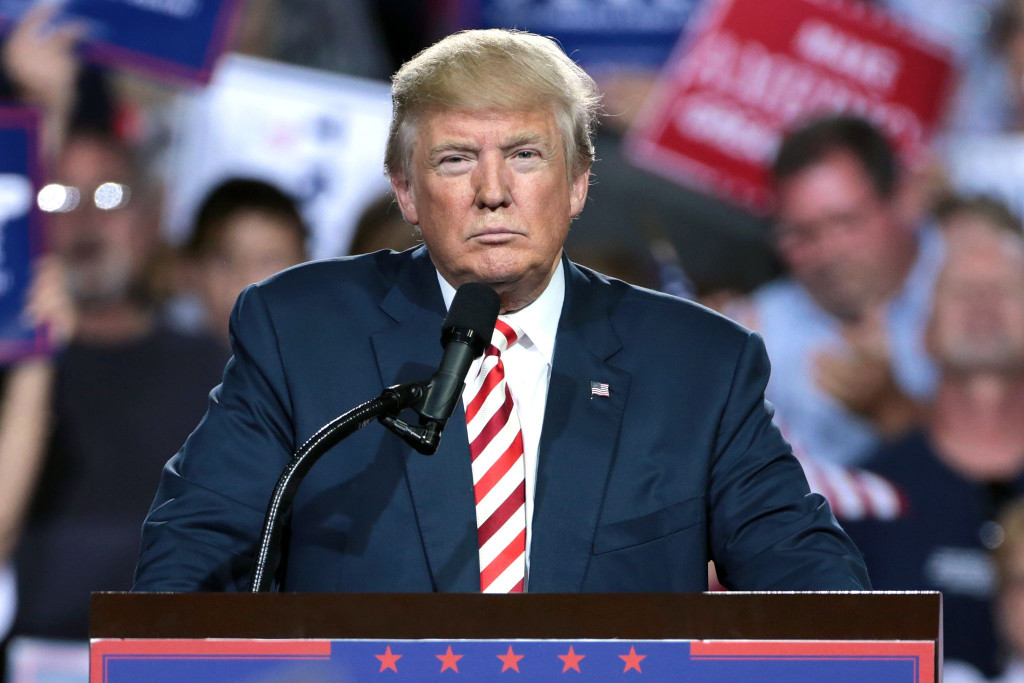
President Donald Trump (Photo courtesy Gage Skidmore/Wikimedia Commons)
And, as a Bloomberg story last week noted, the moves also both counter activist pressure and position the companies against a risk to their future profits from the effects of climate shifts on factories and markets.
Corporations "don’t have the luxury of denying" climate change or its potential impact on their businesses, Gina McCarthy, former EPA administrator, told Bloomberg. "They have to invest wisely."
Companies that signed the pledge and continue to support Obama's climate-change policies include Amazon, Apple, Best Buy, General Electric, Google, Ikea, Levi Strauss, Mars, Microsoft, Nestle, Pepsi, and Procter & Gamble, among others.
CHECK OUT: Trump's climate-change order: now what happens?
Wal-Mart is the nation's largest retailer, and it was one of 81 large companies that signed a pledge to cut its carbon emissions in the lead-up to last year's landmark Paris Climate Agreement.
Cutting carbon emissions is “good for the business, our shareholders, and customers," Wal-Mart spokesman Kevin Gardner told Bloomberg.
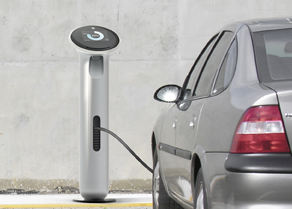
General Electric GE WattStation charging
"If ultimately we are able to positively impact the environment in the process," he continued, "that’s a win too.”
A separate piece last week in The New York Times asked whether corporate executives have the president's ear and can affect his decisions on climate policy.
It noted that Jeffrey Immelt, CEO of GE, says climate change is real—and sits on the president's manufacturing advisory council.
Environmental groups suggest that corporate CEOs can play a key role in influencing the administration's climate policies.
How that might play out, and any evidence that it is in fact the case, remains to be seen.
Last week, President Trump directed the EPA to reassess the Clean Power Plan issued by the agency, which requires each state to come up with a greenhouse-gas emission-reduction plan tailored to local conditions—and empowers the agency to develop one if the state refuses.
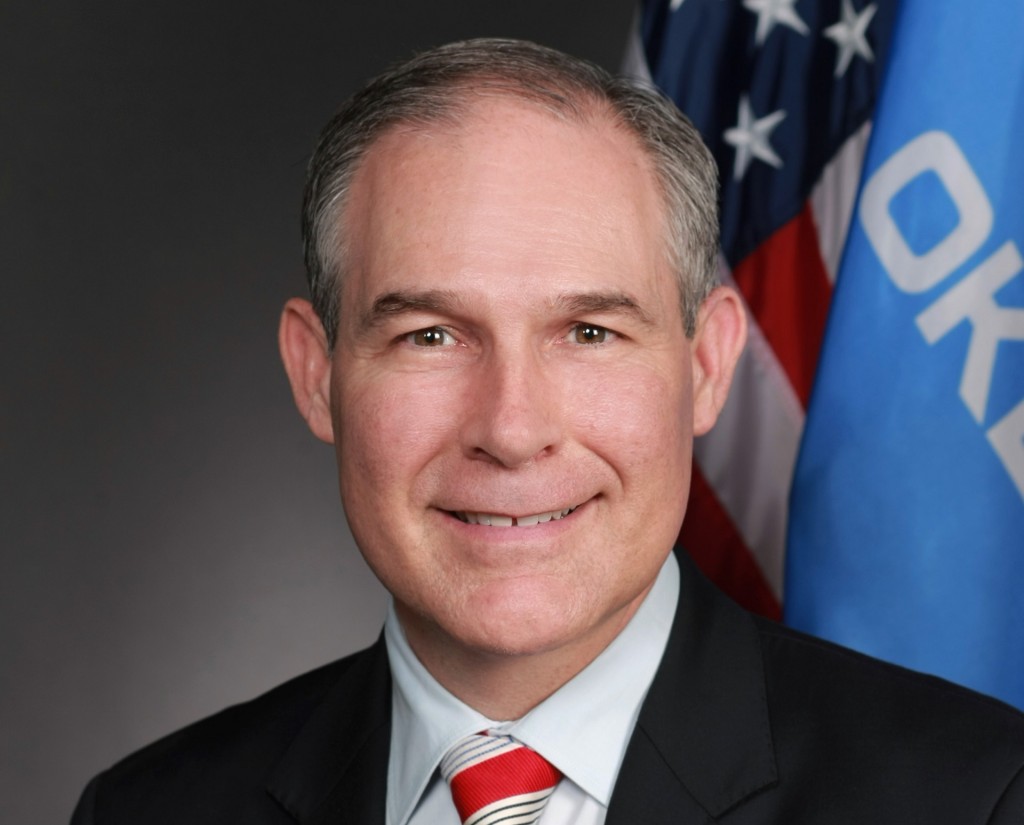
Oklahoma attorney general Scott Pruitt, 2014
Under fossil-fuel champion and climate-science denier Scott Pruitt, who now heads the EPA, the agency is widely expected to dispense with the plan, though it will need to provide scientific justification for doing so.
(Which should be an interesting fight.)
Trump also rescinded several orders signed by his predecessor that directed government agencies to consider how climate change will affect their actions and how their actions affect carbon emissions.
Green Car Reports respectfully reminds its readers that the scientific validity of climate change is not a topic for debate in our comments. We ask that any comments that deny the accepted scientific consensus on climate change be flagged for moderation. Thank you in advance for helping us keep our comments on topic, civil, respectful, family-friendly, and fact-based.
_______________________________________





